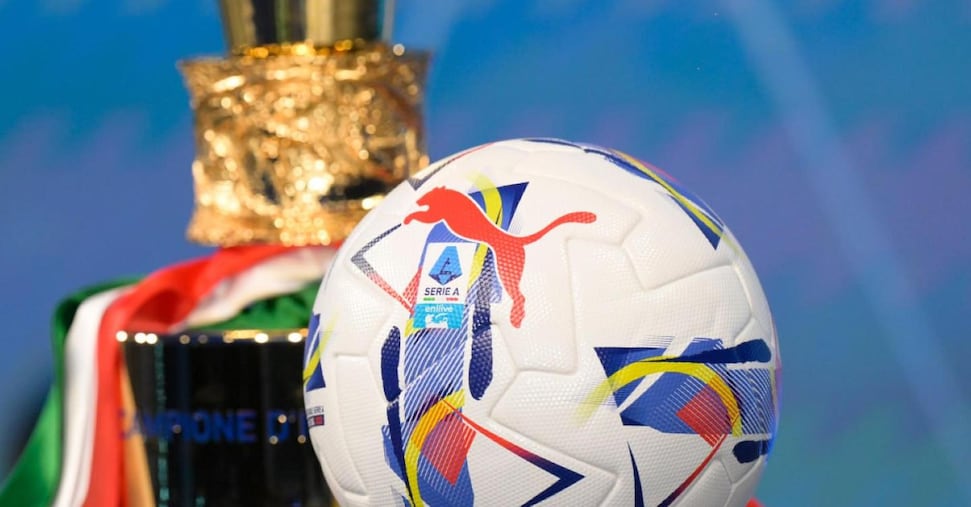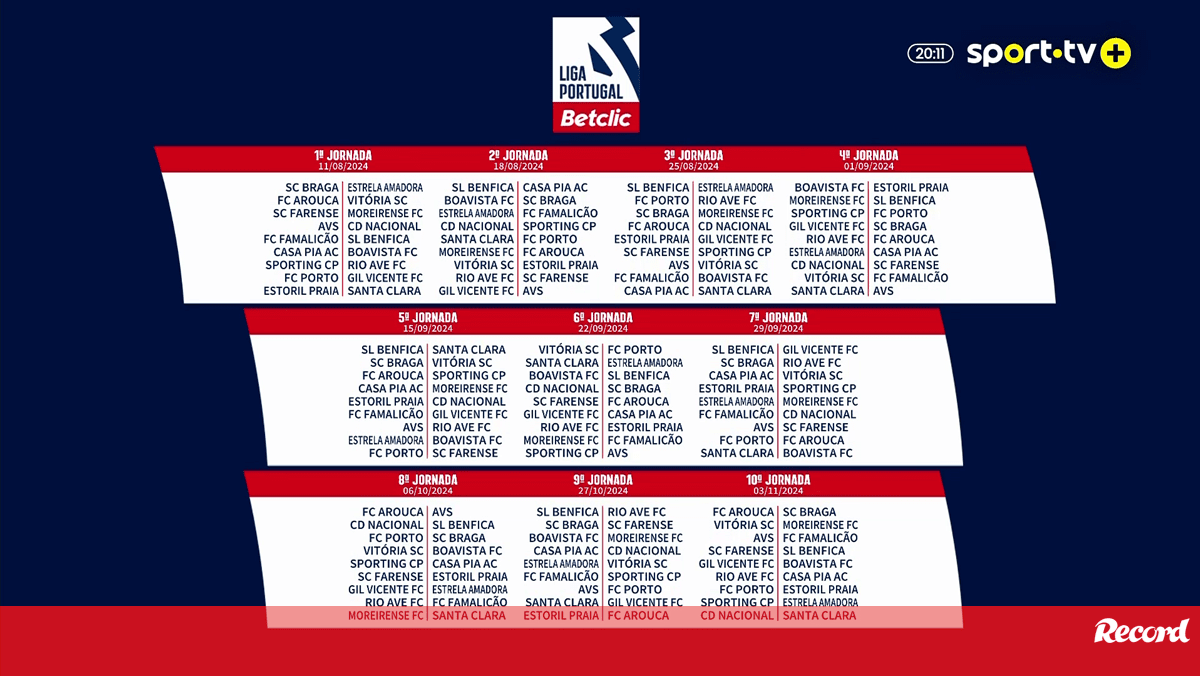Why are Bundesliga games being disrupted by toy cars and tennis balls? – The Athletic

Saturday’s game between Hansa Rostock and Hamburg in 2. Bundesliga — German football’s equivalent of the Championship — featured a moment that will appear in all season reviews and perhaps, one day, in historic documentaries, too.
Home supporters got two remote-controlled toy cars mounted with smoke bombs onto the pitch and had them dash around while a hapless steward gave chase; a slapstick moment that perfectly encapsulated the failure of authorities to quell fan protest against the league’s mooted TV rights and marketing deal with one of two private equity firms, Blackstone Inc and CVC Capital Partners.
Similar scenes had played out the night before in the top flight, as dozens of tennis balls and toy cars on the pitch interrupted the match between Cologne and Werder Bremen. “But why toy cars?” you ask. Well… “We won’t be remote-controlled,” a banner read in the ultras’ section of the RheinEnergie Stadium.
Remote control cars equipped with flares were used as part of fan protests in the Bundesliga 2 game between Hansa Rostock and Hamburger SV 👇 pic.twitter.com/pJwtEID1DE
— Sky Sports Football (@SkyFootball) February 17, 2024
Since the turn of the year, barely a game in the top two divisions of German football has passed without organised supporters taking a stand. Opposition was mostly verbal or in the form of critical placards at first, but it has turned increasingly activist in the past 10 days.
Bayern Munich’s defeat at Bochum on Sunday was twice delayed by fan protests, once in each half. In Hamburg last week, supporters put heavy bicycle locks around the goalposts that had to be removed with bolt cutters.
It later transpired the combination 50 01 — for “50+1”, the principle of membership-controlled clubs in Germany — would have opened them. Furthermore, fan placards against visiting side Hannover’s chief executive Martin Kind that depicted the 79-year-old in a sniper’s crosshairs nearly led to the game being abandoned. (Kind is a key figure in the controversy, for reasons that will be explained below.)
“Fan protests have become so original, exciting, folkloristic and a unique selling point that CVC will only get involved if they will stay and become part of the deal,” joked Gunter Klein, a reporter with the Munich-based Munchner Merkur newspaper.
Officials and players are naturally less amused.
“Without fans, football wouldn’t be what it is,” Borussia Dortmund captain Emre Can said after their 1-1 draw at Wolfsburg on Saturday was interrupted for more than 30 minutes. “But if I’m allowed to say my opinion, I think that it’s enough now. We are suffering a lot, we lose our rhythm. That’s why I’m hoping that (protests) will soon come to an end.”
There’s little sign of that, however.
Last Tuesday, one of the two remaining bidders, Blackstone, officially withdrew from the process, a move that was hailed as a victory by supporter representatives and spurred them on to double down. The U.S. firm has refused to comment, but a Bloomberg report cited concerns over “structuring and economic factors” as well as over the amount of time it might take to conclude the deal.
A high-ranking club official involved in the negotiations — who spoke to The Athletic on condition of anonymity due to the sensitivity of the process — said Blackstone’s due diligence had thrown up a problem with taxation. This means CVC is left as the sole prospective partner in a deal that will grant it eight per cent of the Bundesliga’s TV and centralised marketing rights for 20 years, in return for an upfront payment of just under €1billion.
Several Bundesliga clubs have outsourced the running of their football teams to limited companies with minority investors and a handful are even owned outright by parent companies with historic connections, such as Bayer Leverkusen and Wolfsburg, but the proposed arrangement with an external investor is more than many organised supporters are willing to stomach.

Stewards collect objects thrown by fans during Wolfsburg-Dortmund (Oliver Hardt/Getty Images)
Some are opposed in principle to CVC and Blackstone being backed by Saudi Arabia — “Blood money” a banner at Union Berlin’s Alte Forsterei stadium called it. There’s also general dissatisfaction with the lack of participation granted to fan groups in the process, combined with fears the deal will lead to pressure on the clubs to maximise profits and further change kick-off times in pursuit of additional TV income.
“The need for quick money often leads to more change and change usually hits those who come to the grounds the hardest,” Borussia Monchengladbach ultras group Sottocultura warned in a statement.
Arguably the biggest driver of the protests is the way the two-thirds majority was reached in December’s secret vote by the 36 professional clubs. There is a strong suspicion that the decisive 24th “yes” vote was cast by Kind on behalf of Hannover, even though their members’ club had instructed him to vote “no”.
Kind, an entrepreneur who has long sought to take over at Hannover completely, has refused to reveal which way he voted — “Only I know,” he said — but a letter by his lawyer claimed he wasn’t bound by the club’s directive in any case. This is not just a legal argument, it goes to the very heart of the conflict: how much influence do members still exert in the 50+1 model if officials vote in secret and can potentially ignore grassroots sentiment?
Even clubs who supported the deal are worried the vote lacks legitimacy. Union Berlin, Cologne, Darmstadt, Gladbach, Braunschweig, Schalke, Hertha Berlin, St Pauli and Rostock have either demanded a new, transparent vote or declared themselves open to the possibility. Others disagree. “We don’t see a reason why a democratic vote should be followed by another one,” Dortmund declared.
But with each tennis ball, chocolate coin and remote-controlled car, the pressure keeps mounting.
Hans-Joachim Watzke, who is Dortmund’s CEO and also chairs the Bundesliga’s supervisory board, told German newspaper Bild on Saturday that the league won’t finalise the deal with CVC against the wishes of the clubs. “I will always be a democrat and act accordingly,” Watzke said.

Banners protesting against the Bundesliga at Wolfsburg (Ronny Hartmann/AFP via Getty Images)
Watkze also admitted he had “underestimated the dynamic and development of the topic”.
League leaders thought protests would die down after the Christmas break and they certainly could have done more to communicate their reasons for backing the plan.
The affair has revealed the lack of authoritative voices in German football at the moment. Bayern Munich, the country’s biggest club, have largely remained silent on the matter as chief executive Jan-Christian Dreesen, formerly their chief finance officer, gets to grips with his new role. Marc Lenz and Steffen Merkel, the Bundesliga’s joint CEOs, are unknown outside the organisation. They have kept a low profile until last weekend, unlike their outspoken predecessor Christian Seifert.
In an interview with newspaper Sueddeutsche Zeitung on Saturday, the duo belatedly made the public case for seeking investment. Kick-off times, fixture schedules and the location of matches all constituted contractually-guaranteed “red-line” issues that could not be influenced by CVC, Lenz said, adding that “all commercial decisions” were “solely under the jurisdiction of the clubs”, too. He also claimed the deal would act to protect the Bundesliga’s ownership model, not undermine it.
“Sound centralised marketing (of TV rights) is the insurance policy for 50+1,” Lenz said. “Without centralised marketing and international regulation of owners and squad costs, the clubs’ competitiveness will come under pressure, which will lead to pressure on financing and ownership structures (in turn).” German clubs currently receive just over €1.2bn per year for domestic and international TV rights combined. League officials hope that a globally-connected partner such as CVC can bring in more money from abroad, specifically.

Chocolate coins are collected after being thrown by Dortmund fans (Sascha Schuermann / AFP)
Watzke estimates CVC will be able to generate “up to €250million (£213.8m; $269.4m) more in the next five to six years” — money that will make up for losses related to the Covid-19 pandemic and would otherwise be difficult to raise for many clubs without taking on extra debt.
But public sentiment seems to be shifting.
Protests aside, some important Bundesliga figures are worried the league’s interests are not best served by CVC, a company that also markets the TV rights of Ligue 1 and La Liga, the top divisions of football in France and Spain, as well as being the former owners of the company that runs Formula 1 motor racing.
“It’s potentially a conflict of interest because they’re selling competing products to the same international broadcasters,” the aforementioned club official told The Athletic. Others think that’s less of a problem, however. An industry insider — who was not authorised to speak to The Athletic by his company — explained that CVC’s league deals are run by local teams who effectively compete against each other. “On top of that, the three leagues in question could one day decide to market their product together,” he said. (CVC was contacted for comment but declined.)
While league bosses don’t believe the last remaining bidder will be overly swayed by public protests, they are in a race to convince sceptical supporters of the deal’s positives. Maybe they have left it too late.
With each tennis ball, chocolate coin or smoke-spewing toy car on Germany’s pitches, opposition seems to harden and divisions between the clubs widen.
Whichever way this will eventually go, a smooth conclusion of the process next month looks all but impossible.
(Top photo: Joern Pollex/Getty Images)



